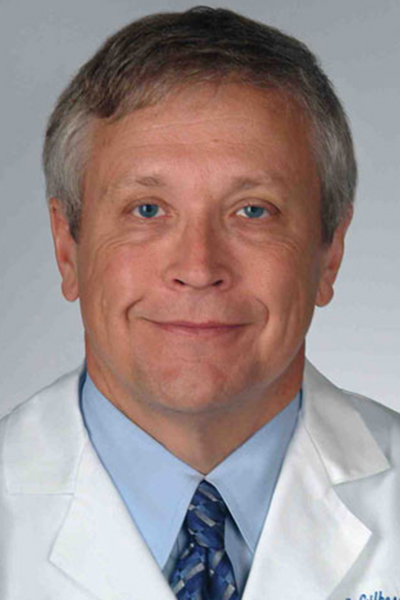
This year’s Paul Klemperer, MD Memorial Lecture will provide an example about how following a different path in research can yield important results.
Gary Gilkeson, MD, Associate Dean for Faculty Affairs and Faculty Development,
Medical University of South Carolina, will deliver Lessons Learned About Lupus in Unusual Places. The initial showing will take place Friday, Nov. 6, from 11 a.m. – 12 p.m. EST and feature a live question-and-answer session following the lecture. Registered attendees have on-demand access to a replay through Wednesday, March 11.
“Those interested in lupus, as well as others who are interested in genetic environmental interactions in other autoimmune diseases, will find this session interesting, along with those wanting to know how studies in dolphins can be translated to human disease.”
Only rarely does genetics alone cause lupus and most other diseases, so more emphasis is being placed on interactions between environment and genetics. Studies of cohorts with genetic similarities but environmental differences can offer valuable information.
The lecture will review research from Dr. Gilkeson and colleagues involving the Gullah, an African American cohort living for centuries on the Sea Islands of South Carolina and Georgia. Dr. Gilkeson noted that this is a unique cohort because it shows double the familial prevalence of lupus compared to other African American cohorts and also has high levels of genetic homogeneity.
This research has led Dr. Gilkeson’s group to extend its studies into Far West Africa and even into the environmental toxins found in bottlenose dolphins that live in Charleston Harbor in an attempt to discern the roles genetics and environment play in lupus.
Dr. Gilkeson said that this research reinforces the value of looking for scientific clues in unusual places.
“Do not be afraid to step outside the norm to answer research questions,” Dr. Gilkeson said. “Also, find out what unique resources are available in your area and utilize those in your research.”


